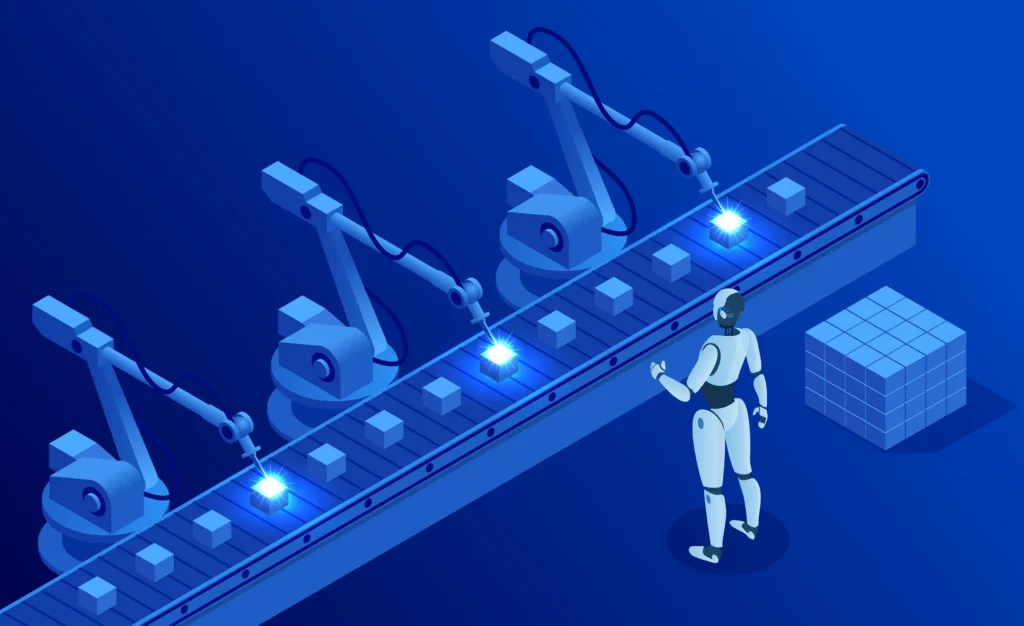
Welcome to Alec Agayan’s digital forum dedicated to exploring the impact of AI automation on blue-collar jobs in the United States. As technology advances at an unprecedented rate, its effects on the workforce are profound. This page aims to provide you with the necessary context and overview of the issue while identifying the key questions that each position page will address.
Historical Context
Automation and the displacement of jobs due to technological advancements are not new phenomena. However, the rapid evolution of artificial intelligence and robotics has raised new concerns about their impact on traditional blue-collar industries. Over the years, the United States has seen a gradual shift from manufacturing and manual labor towards service-oriented roles and automation. Understanding this history is essential to recognize the contemporary challenges and opportunities posed by automation in blue-collar sectors.
Exigence
The advent of AI automation in blue-collar industries necessitates an examination of its implications for the workforce, economic structure, and social fabric of the United States. We must address the impending changes and potential disruptions this technology brings and consider the stakeholders involved – workers, industries, policymakers, and society at large.
Key Question
The central question that my digital forum will address is: “How does AI automation affect blue-collar jobs in the United States, and what should be done about it?” This question forms the basis for my three distinct positions, each exploring different aspects and solutions related to this issue.
Three Topics
- Automation as a Threat: This position focuses on the potential negative consequences of AI automation on blue-collar jobs. It will discuss how automation may lead to job loss, wage stagnation, and economic inequality, raising concerns about the future well-being of the American workforce.
- Automation as an Opportunity: This position highlights the positive aspects of AI automation. It will explore how automation can enhance productivity, reduce mundane or hazardous tasks, and create new job opportunities in emerging industries, ultimately contributing to economic growth and innovation.
- Automation and Workforce Reskilling: This position emphasizes the importance of investing in workforce development and reskilling programs. It will discuss strategies to mitigate the negative impact of automation by preparing workers for new roles and promoting lifelong learning, ensuring a smooth transition into the evolving job market.
Why It Matters

The impact of AI automation on blue-collar jobs is a critical issue that affects the livelihoods of millions of Americans. The outcome will shape the economic landscape, societal well-being, and the future of work in the United States. By presenting these three distinct positions, we aim to facilitate an informed and balanced discussion about the implications of automation, fostering a better understanding of this complex issue and its potential solutions.
